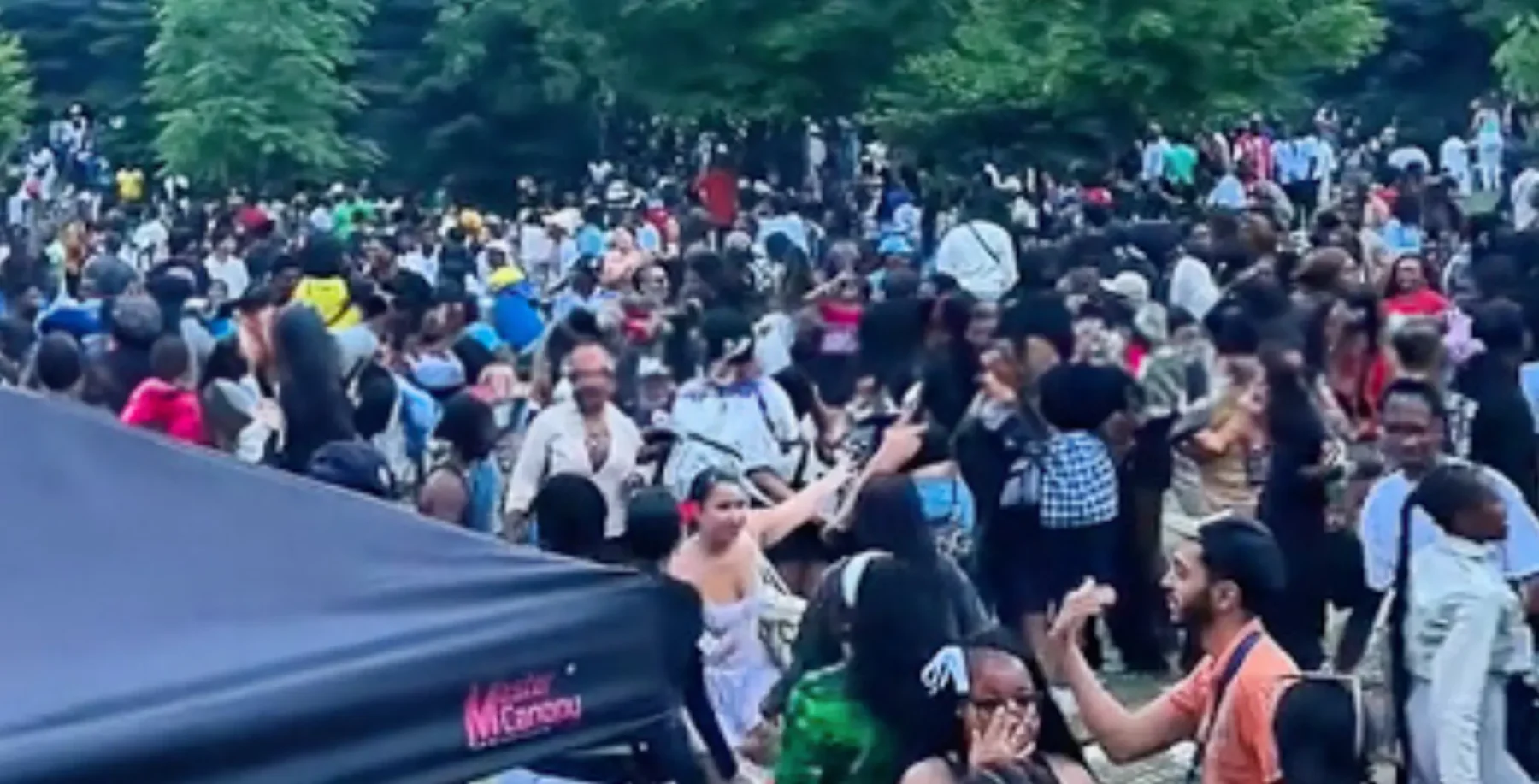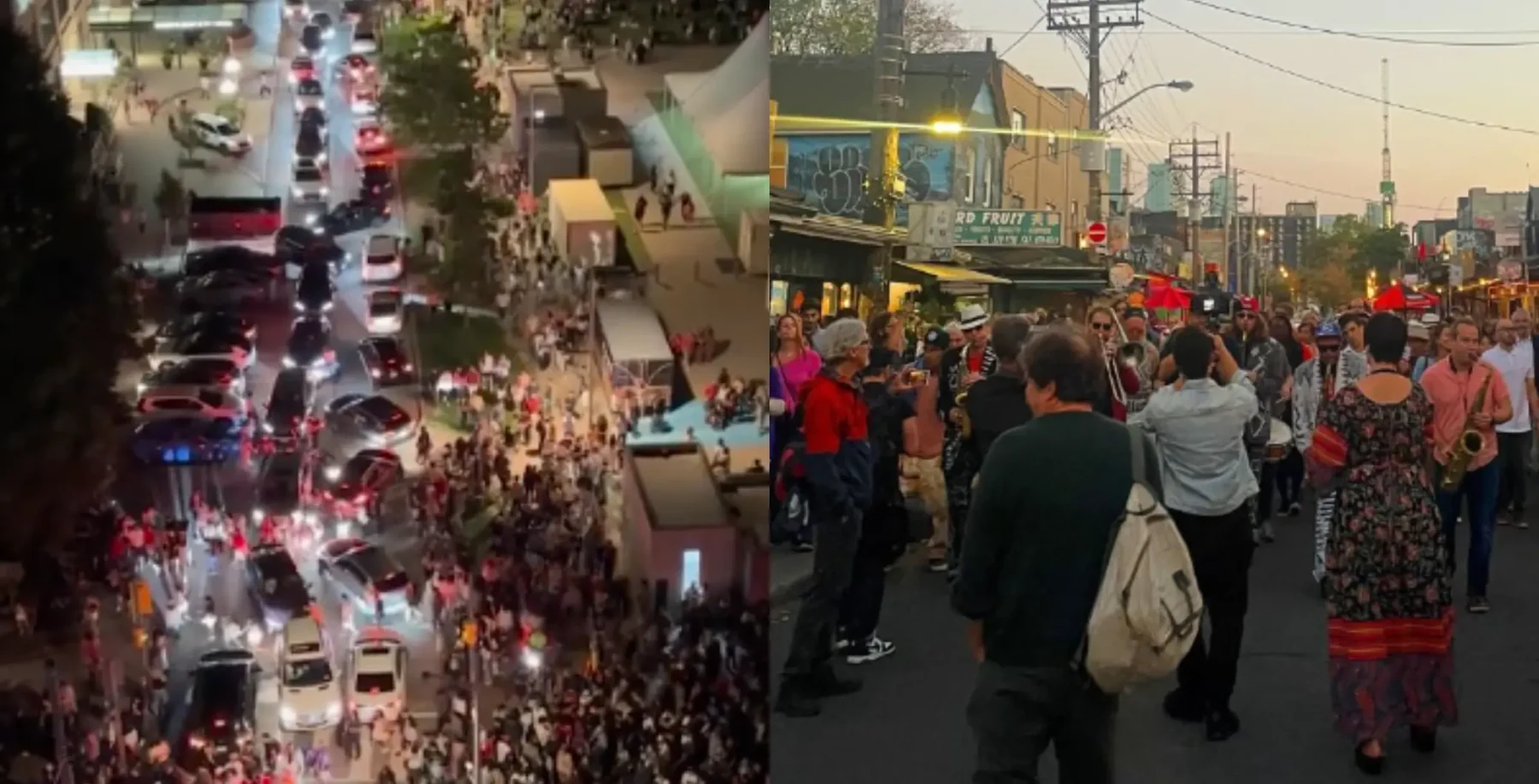
Rating: NNNNN
While few neighbourhoods have had to endure the panic and anguish of a missing and murdered child, three months after Holly Jones’s death the question has to be asked: is grief able to generate sound social policy? The shocked community that survived the ordeal by sending off a flurry of petitions and press releases and organizing rallies and barbecues showed its commitment and concern, but is it possible that some of the proposals offered could actually end up making the streets more dangerous? Some believe so.
At the height of the fear that gripped the Junction Triangle area in May, residents developed a proposal they call Holly’s Law in her honour. The proposed legislation, which was supported by thousands of signatures and e-mails, advocates measures to ensure that those convicted of sexual offences involving children serve their full sentence rather than the normal two-thirds before parole. It also recommends that all those convicted of a child-related offence be evaluated for dangerous-offender status, which could keep them in jail longer – even indefinitely.
“We know it’s a lifelong behaviour. Don’t tell us it’s not, ” says Pat Hood, mother of a six-year-old daughter and member of the Junction Triangle Action Committee. She’s quick to add that the group doesn’t want to “demonize” sex offenders.
Adam Giambrone, federal president of the NDP and one of those who assisted in drafting the proposal, thinks residents have worked hard to temper justice with mercy. “We took some gut reactions, from capital punishment to chemical castration, and boiled them down to mostly rehabilitation,” says Giambrone.
But would the legislation he favours work to rehabilitate offenders or protect children from violent sexual predators? Michael Briere, the Junction Triangle local who’s accused of first degree murder in Holly’s death, had no criminal record. But that’s not the only contentious issue where Holly’s Law is concerned.
According to John Howard Society of Ontario executive director Paula Osmok, the attempt to make offenders serve their full sentences in prison may not be the way to keep neighbourhoods safe. “We don’t want to respond based on fear or myth. I know there is a strong desire for offenders to serve their sentences, but when they’re held till the completion of their sentence they’re released without supervision or other conditions. Parole is one of the best mechanisms to protect the community.”
A similar point is made by psychologist Martin Lalumière of the Centre for Addiction and Mental Health and the U of T’s Centre for Criminology and department of psychiatry. “Most people are in favour of halfway houses until one is in their own community. It’s very hard for communities to accept, but close supervision is better than no supervision.’
Lalumière finds other aspects of Holly’s Law troubling, such as holding a dangerous-offender hearing for every person convicted of a child-related sex offence. This would be a waste of resources, he says, since few sexual offenders would fit dangerous-offender criteria. “Sexual offenders rarely commit murder,” he says, pointing out that while there is very little research on important non-psychological factors, the psychological-profile tests are known to be fairly accurate. These include a test of psychopathy (factors like empathy, remorse, aggression, sociability and others), lab measures of sexual interest and, critically, the number of past offences.
He says that in a review of studies, the Solicitor-General of Canada’s office suggested that about 13 per cent of sexual offenders re-offended sexually within five years, while a similar number committed other violent crimes. Rather than holding a hearing for each child-sex offender, Lalumière believes it would be more effective to concentrate on the very small, identifiable group of dangerous offenders, targeting them for close supervision.
Given all this, was the demonstration outside the Keele Street Community Correctional Centre that returned Jacobson (who has been serving a five-year sentence for threats, indecent phone calls and criminal harassment of 10 teenage girls) really useful?
Shelley Hassard, director of the Enhanced Services Unit, which includes both the Keele Centre where Jacobson was to be placed and a supervision unit for federal offenders on parole, definitely thinks not. “If there are 200 sex offenders (including the 10 at Keele) in a 2-kilometre radius, as the police reported, it’s the other 190 I’d be worried about,” Hassard says. “Mine are in treatment.”
But like many of her bereaved neighbours, activist Thandy Yonge wants stricter laws no matter what criminologists and front-line workers think, although she is equally preoccupied by the campaign for new services. “We don’t want to be a community that’s disrespected,” she says.
Dovercourt Boys and Girls Club executive director Tony Puopolo, who’s also part of the Junction Triangle Action Committee, expresses a similar concern.
“The first minute or two of discussions was the vigilante stuff,” says Puopolo in reference to the meetings that led to drafting Holly’s Law. “Then it was, like, why did this happen, what can we do? We need to focus our energy on how to make this a better and safer place.” justice system
Are we safe now?












